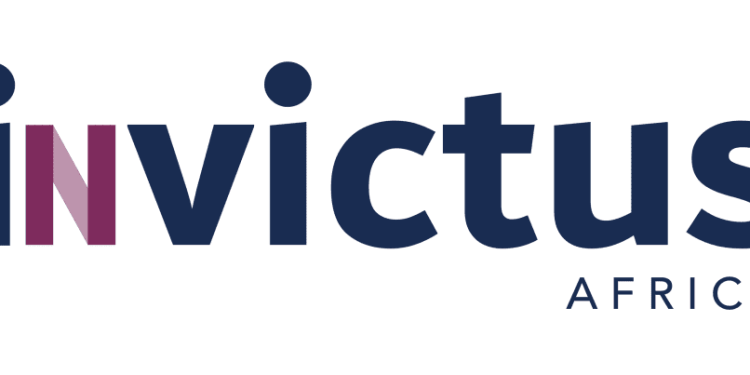Invictus Africa, a civic-tech organization that promotes human rights and gender equality through data-driven advocacy, has announced that the 2024 version of its Womanity Index will hold on Dece,ber 4, 2024 in Abuja.
The Womanity Index (GBV) is an annual assessment and ranking of subnational governments based on their performance in preventing and responding to gender-based violence.
“The spate of GBV in Nigeria makes the Womanity Index a critical and timely tool for holding government accountable on their responsibility to effectively prevent and respond to GBV,” the Executive Director of Invictus Africa, Bukky Shonibare, said.
The 2023 edition of the Womanity Index assessed states’ performance using 18 indicators across five indexes – Laws and Policies, Access to Legal Justice, Support Services, Information and Awareness, and Budget and Spending. Findings from the report revealed that only six out of 36 states and the Federal Capital Territory are making good efforts to address GBV, but gaps remain. Each state received tailored recommendations aimed at closing those gaps and improving outcomes.
Ms. Shonibare highlighted key achievements of states that have acted on the recommendations of the Womanity Index report, saying that they were success stories of policy changes, government actions, and targeted interventions in various communities across the country.
She said: “One standout example is Katsina State. Displeased by the state’s ‘red’ ranking in the Womanity Index, the Commissioner for Women’s Affairs, Hajia Zainab Musa Musawa, ensured that the Governor, Malam Dikko Umaru, assented to the VAPP Act and Child Protection Law on December 22, 2023.
“The state also established a system for the timely production of evidence for GBV cases, aiming for a swift process from legal notice to court hearing: seven days with the police, seven days at the Ministry of Justice, and 21 days for sentencing. As of May 2024, 19 cases successfully followed this expedited process.”
In Abia State, the Index recommendations influenced budget decisions. “Abia State adopted the Womanity Index’s GBV budgeting template in its 2024 budget, with most of the provisions approved,” she added.
The Index is also being utilized by civil society organizations to guide their GBV intervention strategies. “Several organizations have used the Womanity Index to prioritize which states to target for their programs, drawing from its recommendations.”
The success stories underscore the tangible impact of the Womanity Index in improving GBV prevention and response mechanisms at the subnational level in Nigeria. The upcoming 2024 edition will provide a data-driven and evidence-based update on the progress that subnational governments have made over the past year.
“The Womanity Index 2024 will track progress, push for reforms, and ensure that state governments take decisive steps to reduce GBV across Nigeria,” Ms Shonibare said.
Invictus Africa invites all stakeholders, including government officials, civil society organizations, and the public, to engage in the discussions that will shape future efforts to combat GBV at the state level.

